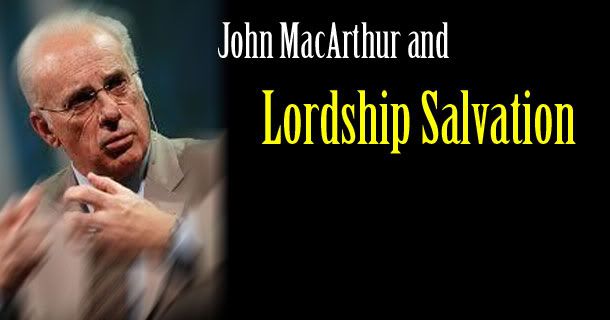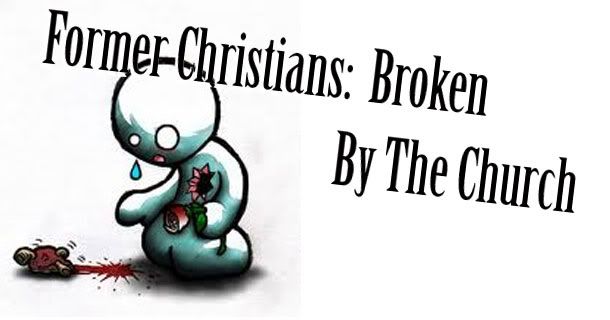
As a former Evangelical, I have been witness to may different types of "Christian" worship over the years. Some of it has merit, while others have some particularly devastating consequences on the souls of those who participate. For instance, there are some aspects of Pentecostal worship that can stir the mind, usually manifest in their tendency to emphasize the Imago Dei, by way of expressing that we are children of God called to worship Him and to express that worship in daily service to others. But keep in mind, I'm expressing to you now this aspect of Pentecostal worship using language more common to the theologians of our past than to the theologians of our day. Yes, how I'm expressing it would confuse most Pentecostals, but once you unpack the language for them they typically understand it. A Pentecostal would say "I'm a child of God and I can do what God does in my neighborhood because it gives Glory to God and Jesus! Amen!"
The reason I bring this up is thus: The LCMS is inadvertently killing itself. It's death by conflict of interest. Now what do I mean by that? It's simple. Although a Pentecostal can be made to understand the concepts behind the Imago Dei and to understand the implications behind it, I wouldn't expect them to adopt that more precise way of expressing it just because I told them to. No, that would be ridiculous. I would expect them to try to understand it in the same way I'd expect them to understand one of the Ecumenical Creeds, but I wouldn't expect them... Well, I might as well say it. I wouldn't expect them to just become Lutheran.
It doesn't seem at this point like I'm unpacking this very well, but hear me out. There was a time when the Lutheran Heritage was closely tied to German Heritage. The congregations were German, they spoke German, the liturgy was in German... But as time has gone by, the German Heritage has been falling away and to some extent the Lutheran Heritage goes with it. Fair enough. This is what happens with the passing of generations and time. But to a growing number of former outsiders, the "Lutheran Heritage" has quite an appeal for a number or reasons.
Let's look at one of the primary reasons why the idea of "Lutheran Heritage" would appeal to someone becoming Lutheran. First and foremost, the appeal comes from the fact that it's fundamentally different from everything else. Evangelicals who are fed up with what is going on in their own churches look outside and recognize something authentic, and they cling to it because they get a sense of having moorings in a ecclesial culture that is all too often infatuated with itself.
But after that, there's another reason. Beyond authenticity, there is quickly recognized a maturity of the Faith. A maturity that wishes to understand all aspects of the faith, however intimidating much of it may be at first glance. This reason soon reaches beyond mere liturgical matters, and soon begins to expose the raw doctrine of what it means to be a Lutheran. Scratch the liturgical surface of Lutheranism and you have what the Formula of Concord calls, "that special brilliant light" beginning to ooze out like the life blood of Christ himself.
Law and Gospel. Not much is said these days about this. We hear a lot about Peace, unity, compassion, speaking truths with love... But not much about God's law or God's Gospel. The practices of the historic Lutheran Church reflect a proper distinction between Law and Gospel. Our pastoral edge often is grounded in this distinction. In fact, there would absolutely be no Lutheranism whatsoever if there were no right division of God's word.
The minute someone begins to tell us, as a synod, that there is something else that is more important than dividing Law and Gospel, the Synod is in conflict of interest with itself. Without God's word rightly divided, we have no heritage to speak of, for God's word confused by the acts of sinful men can be dangerous. The practices of the Lutheran Church, when cut loose from Law and Gospel, are nothing but a confused mess of laws to keep. If they are just laws to keep, then they can be set aside under the same premise that all laws are ultimately disobeyed. The Historic Liturgy can be set aside in favor of Rock concert style worship, or theatre worship, or pseudo Buddhist/Islam/Judaism stylings... All of which amounts to a slow death of Lutheran Heritage, and perhaps even Christian heritage. A death, I might add, that is totally unnecessary.
So why talk about Pentecostalism and aspects of the worship practices of those who call themselves by that moniker? To highlight the fact that there are only aspects of their worship that is beneficial. Scratch the surface of Pentecostalism and you don't have Law and Gospel rightly divided. For the most part, there is nothing but confusion of Law and Gospel evidenced in their worship practices. The same emphasis on the Imago Dei also winds up resulting in an emphasis on the person and work of the children of God over the person and work of Jesus Christ. That's a very dangerous place to be.
The LCMS is in that same position even now. There is a conflict of interest. Law and Gospel is not rightly divided. The latest communiques from many of our leaders, be they congregational pastors, district presidents, or synodical leaders, betray a steadfast forgetfulness of what it means to be who we are. As a layperson, I don't expect those who don't use the language of our Lutheran heritage to adopt such language, but I do expect them at least understand it. Understand what it means to divide Law and Gospel. Understand that the Cross has, as it does Christ's own blood, the Law of God and the Gospel of God splattered upon it. Understand that the Law of God condemns and instructs but does not have the power to create a Church. Understand that the Gospel of God Forgives and instructs and has all power to create faith, to create hope, to create believers and to build a Church on that foundation alone.
It is a conflict of interest to hold anything above the Gospel. May it never be with us that the Gospel be forgotten.







 12:18 AM
12:18 AM
 Matthew
Matthew







